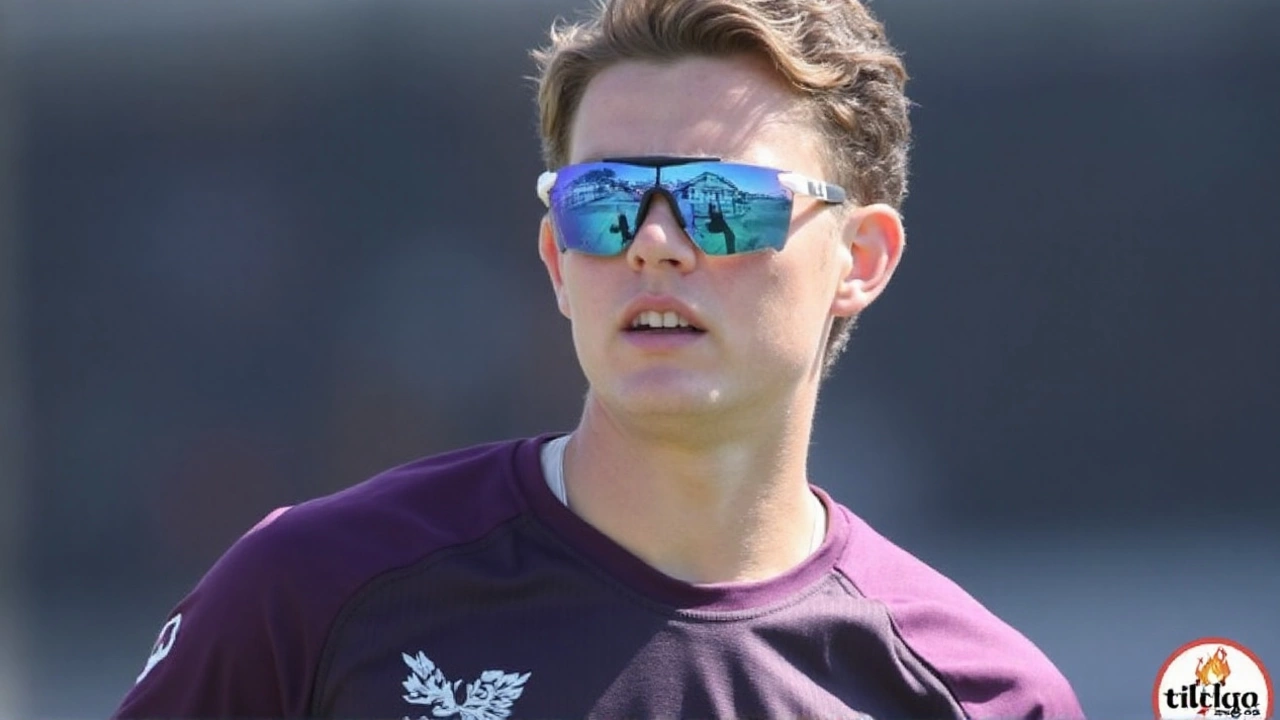England captain: role, history and how it’s chosen
When you hear the word “captain” you picture a player walking onto the pitch with an armband, talking to the referee and motivating teammates. The England captain carries that image for both football and cricket, and the job is more than just a piece of cloth.
In simple terms, the captain is the bridge between the coach, the players and the officials. He or she makes on‑field decisions, represents the team in media, and sets the tone for work ethic. If you’re curious about what makes a good England captain, the answer lies in a mix of experience, attitude and the trust of the manager.
What does an England captain do?
First off, the captain leads the team during matches. That means choosing the toss winner in cricket, deciding the field layout, or talking to the referee about fouls in football. The captain also talks to the coach about tactical changes, especially when the game shifts unexpectedly.
Off the pitch, the captain speaks for the squad in press conferences and during award ceremonies. He or she helps keep the dressing room calm after a loss and fires up morale after a win. Younger players often look to the captain for advice on training habits, nutrition and handling pressure.
Leadership isn’t just about shouting tactics. It’s about setting a daily example – arriving early, staying disciplined, and treating everyone with respect. When the captain shows that behavior, teammates are more likely to follow.
How is the England captain selected?
Selection varies by sport, but the core idea is the same: the manager picks someone who earns the squad’s respect and fits the team’s style. In football, the head coach usually decides after watching players in training and matches. Sometimes senior players have a say, especially if they have a strong voice in the dressing room.
In cricket, the board or senior players often have a bigger role. Historically, England cricket has chosen captains with a good cricketing brain and ability to manage bowlers and batsmen. Recent captains were chosen because they could handle the pressure of international tours and keep the team focused.
Performance matters too. A player who consistently performs at a high level is more likely to be trusted with the armband. But it’s not just stats – the manager looks for composure, communication skills and the ability to make quick decisions.Once appointed, the captain gets the official armband. It’s a symbol, but the real work starts with leading drills, answering media questions and staying calm when the crowd roars.
If you’re dreaming of becoming an England captain, start by mastering your own role, staying disciplined, and helping teammates improve. Show that you can handle criticism and celebrate successes without ego. Those are the traits that catch a manager’s eye.
In short, the England captain is the person who blends skill, experience and leadership into one package. Whether on the football field or the cricket pitch, the captain’s job is to steer the team toward success while keeping everyone motivated. Understanding this role can give you a better appreciation of what you see on TV when the captain lifts the armband and leads the nation’s best players.

Jacob Bethell to lead England vs Ireland: youngest men’s captain shatters 136-year record
England have named Jacob Bethell as captain for the T20I series against Ireland in September 2025. At 21, he becomes the youngest men’s captain in England history, breaking a 136-year record. Bethell’s rise has been rapid since his debut in 2024, with standout knocks in both T20I and Test cricket. The move signals England’s push to develop leadership in young players.